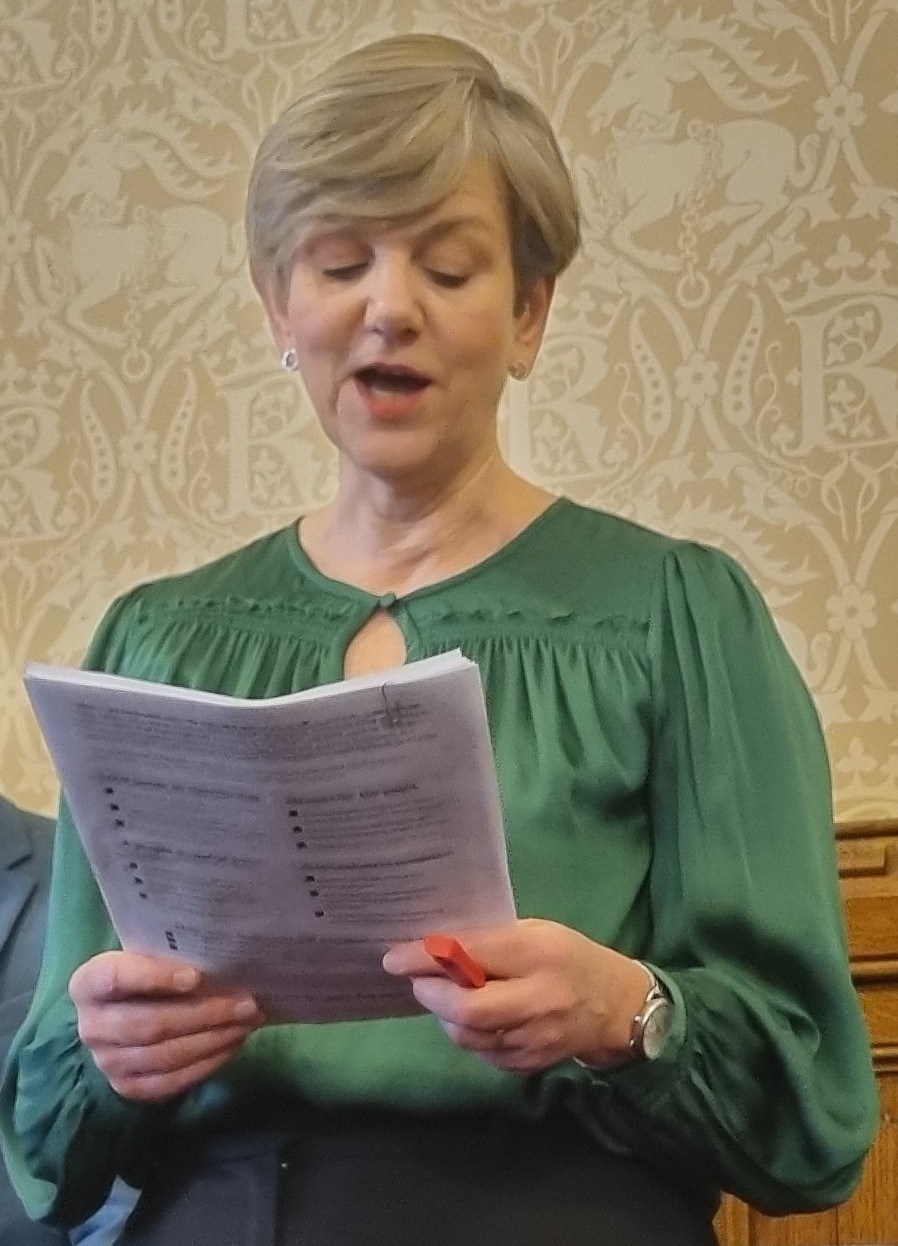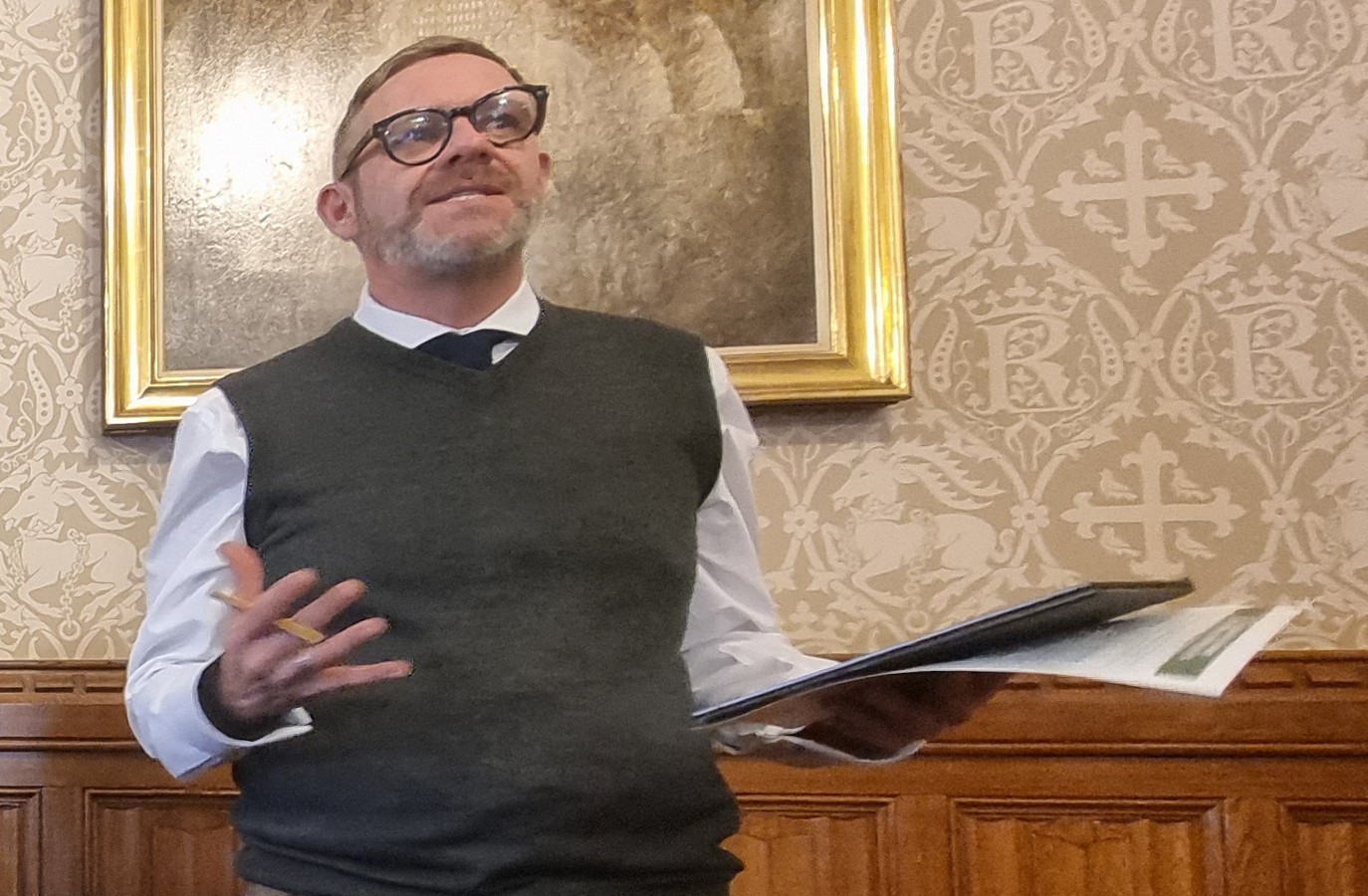With time running out before a general election has to be called, a cross-party coalition of mission-led organisations, including a number of co-operative support bodies, has issued a call for policy measures that will “reshape the national economy”, including a dedicated UK government minister to make this a reality.
The Future Economy Alliance (FEA), made up of social enterprises, co-ops, mutuals, employee-owned businesses, social investors, community-led organisations, fundraisers and third sector experts, launched its Business Plan for Britain at Westminster last month.
The document lays out the issues facing the UK – widening inequalities, substandard public services and low productivity, all against a global backdrop of climate change, pandemic fallout and international conflicts. The system is “failing, hollowed out, off-shored, out-sourced, asset-stripped or run down,” it says.
To fix this bleak picture, the FEA proposes the “next industrial revolution” should be led by the country’s tens of thousands of mission-led organisations, including co-ops and social enterprises. This broad umbrella covers around 5% of UK businesses and as much as 9% of GDP, says the FEA, and re-invests more than £1bn of profits in communities around the country.
Related: Future Economy Alliance poll finds public want a change to purpose-led business
The FEA is calling for action in five key areas, starting with the local devolution of economic power to create businesses “run in communities, by communities and for communities”, such as Liverpool’s co-operative bakery and cafe, Homebaked. The business was taken over by local residents following a crowdfunding campaign, and the establishment of a community land trust to run the building.

The plan also advocates increased support and infrastructure for democratically controlled enterprises such as Homebaked, as well as a Community Power Act, creating a national community right to buy local assets and spaces.
As part of a people-powered green transition, the report recommends more support for community energy, as well as replicating this model in other critical utility sectors.
The introduction of a UK-wide Wellbeing of Future Generations Act is also called for, to provide the necessary “foundations for the ambitions, permissions and legal obligations necessary to deliver long-term social, environmental and economic wellbeing”.
Public procurement should also be reformed, says the FEA, to be more transparent and prioritise people over profit. The report recommends enhancing the 2012 Social Value Act, which requires public bodies to consider economic, social and environmental wellbeing in their services.
As the next industrial revolution gathers pace, the FEA wants the government to support the creation of a “data-owning democracy”, through a National Data Strategy which focuses on social value and the empowerment of citizens, communities and small businesses.

The start-up and growth of businesses that empower working people and share wealth should be supported, says the report, highlighting Signalise sign language platform co-op and e-commerce platform co-op Open Food Network UK as businesses that distribute ownership, control and value among their users.
Finally, the plan recommends more help for mission-led businesses with accessing finance, reformed tax incentives to deliver more social and community investment, and a Better Business Act requiring all companies to align their interests with those of wider society and the environment.
FEA chair, Arvinda Gohil, described the UK economy as “broken”, adding: “Nothing works any more – we’re struggling through crisis after crisis, and people are losing faith in our leaders to fix this – but we can fix this.
“Millions of people across the UK work in mission-led organisations that show us the way to build a stronger, fairer, greener economy; we just need those in power to unleash the full potential of our movement, so that more businesses can put a mission at their heart, and this way of working becomes the national norm. With government and business working in partnership, we can build an economy where all of society profits.”
The launch in Parliament, on 7 March, saw a panel discussion featuring politicians and members of the FEA. Shadow minister for arts, heritage and civil society, Lilian Greenwood said it was “astonishing” how UK social enterprise has continued to grow despite being “ignored by legislators, opposed by other forces and starved of resources”.
Greenwood added that, “in a mission-led Labour government, every minister and every department will be seeking to work with you and your organisations to tap into the power of social enterprise for social impact and national renewal.”
Josh Babarinde, Lib Dem candidate for Eastbourne and founder of Cracked It, a social enterprise that gives work opportunities to young people at risk of crime in London, cited research from the Institute for Public Policy Research showing that 80% of people believe businesses can be the key to change in their communities and the environment, but only a fifth of people believe that those businesses are doing what they need to achieve this.
“It’s going to take a nudge – or a big kick up the backside, to be honest – from government to get things on track,” he said.
FEA members include Co-operatives UK, Community Energy England, Cwmpas, the EOA, Locality, Plunkett UK, Power to Change, Social Enterprise Scotland and Social Enterprise UK.
“We are part of a wider movement of mission-led business and community power,” said Co-operatives UK CEO Rose Marley. “We’re stronger together and if we’re backed by government we’ll deliver for people and planet, we’ll deliver on fixing broken markets and systems.”
The FEA is now running a campaign and crowdfunder under the banner ‘Let’s Fix the Economy!’. The money raised will fund a creative campaign stunt to grab the attention of leaders in the run up to the general election.
The campaign’s crowdfunder page says that, with around four million people employed in social enterprises, charities, B-corps and the democratic economy, “we have real strength in numbers – and it’s these numbers that we need to reach with our campaign”.

